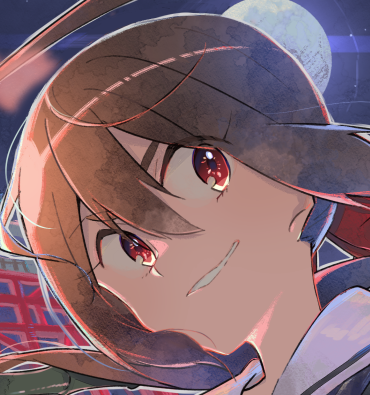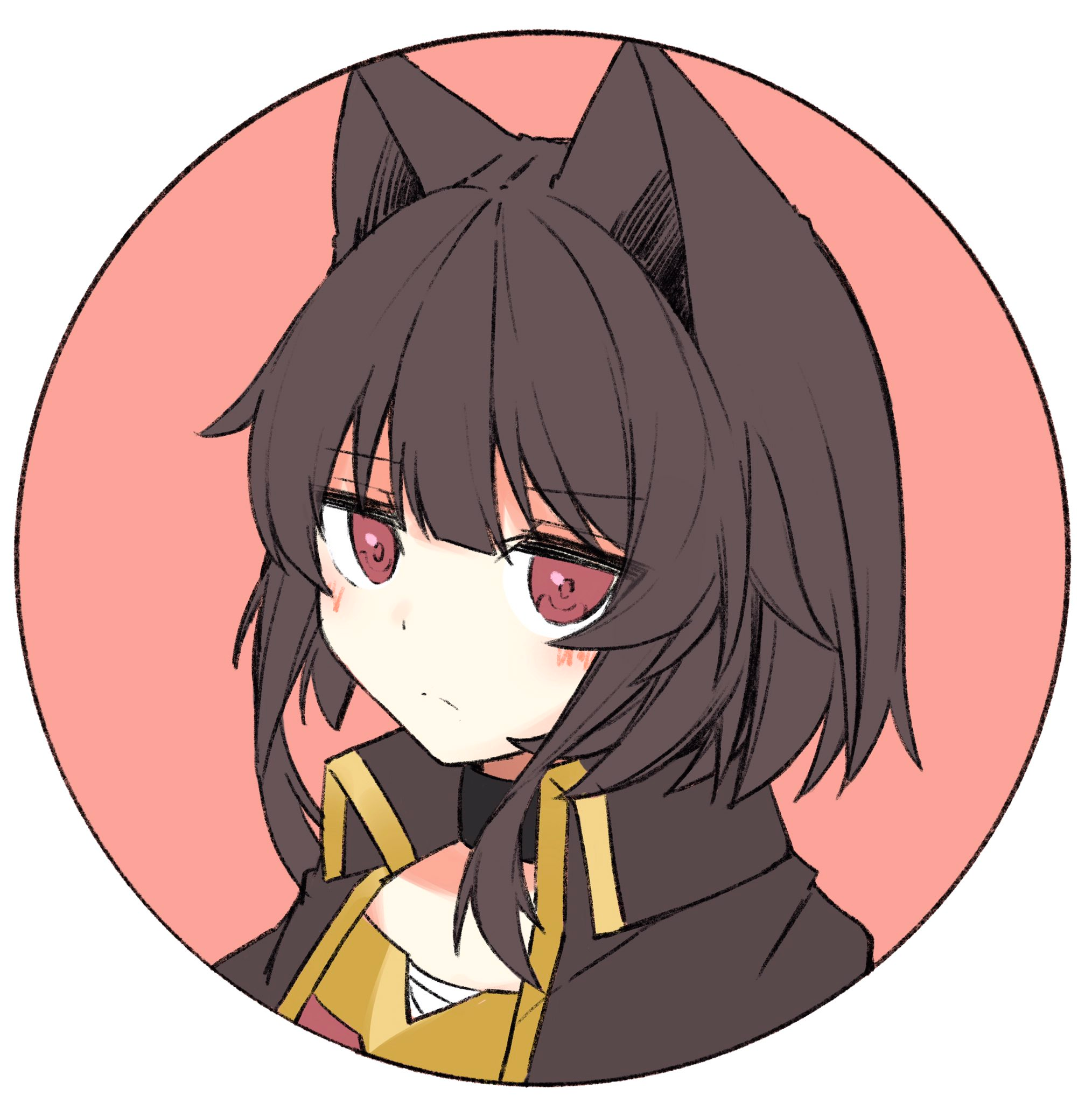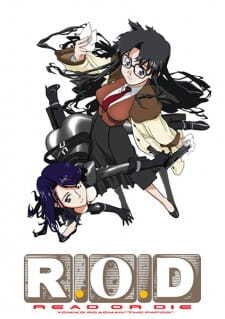

Cardcaptor Sakura, Princess Tutu, Toradora!, Maison Ikkoku, Chuunibyou, and Kare Kano are all contenders. If I can expand to speculative / non-obvious romance, then K-On!, Hidamari Sketch, Hibike! Euphonium, and Bocchi the Rock! are also up there.
Overall, the main couple from Cardcaptor Sakura may be my favorite, just extremely cute and well-paced. Miya & Yuno from Hidamari Sketch are also a really great couple.
Also, shoutouts to this guy who did an extreme overanalysis of how gay Hidamari Sketch is.












The tl;dr is “Yui x Ritsu”
The slightly longer story is that if you watch K-On! while really trying to overinterpret every interaction and assume more stuff is happening off-screen, a few romantic dynamics develop, with Yui x Ritsu being the most obvious.
The full story is 13+ charts and an 8 page writeup that I did as a personal project to justify this overinterpretation. I may post it somewhere if I ever decide to clean it up and make it presentable to the public eye, but there’s a lot in there. Ui x Nodoka. The Azusa->Yui->Ui and Jun->Mio->Azusa parallel. Yui-Mugi breakup arc. The Azusa human instrumentality arc.
My friends have called me schizophrenic for making these charts and while I don’t agree with their non-clinical use of the word “schizophrenic”, you should know that when I say “speculative / non-obvious” for K-On! in particular, it’s at about that level of extreme interpretation.